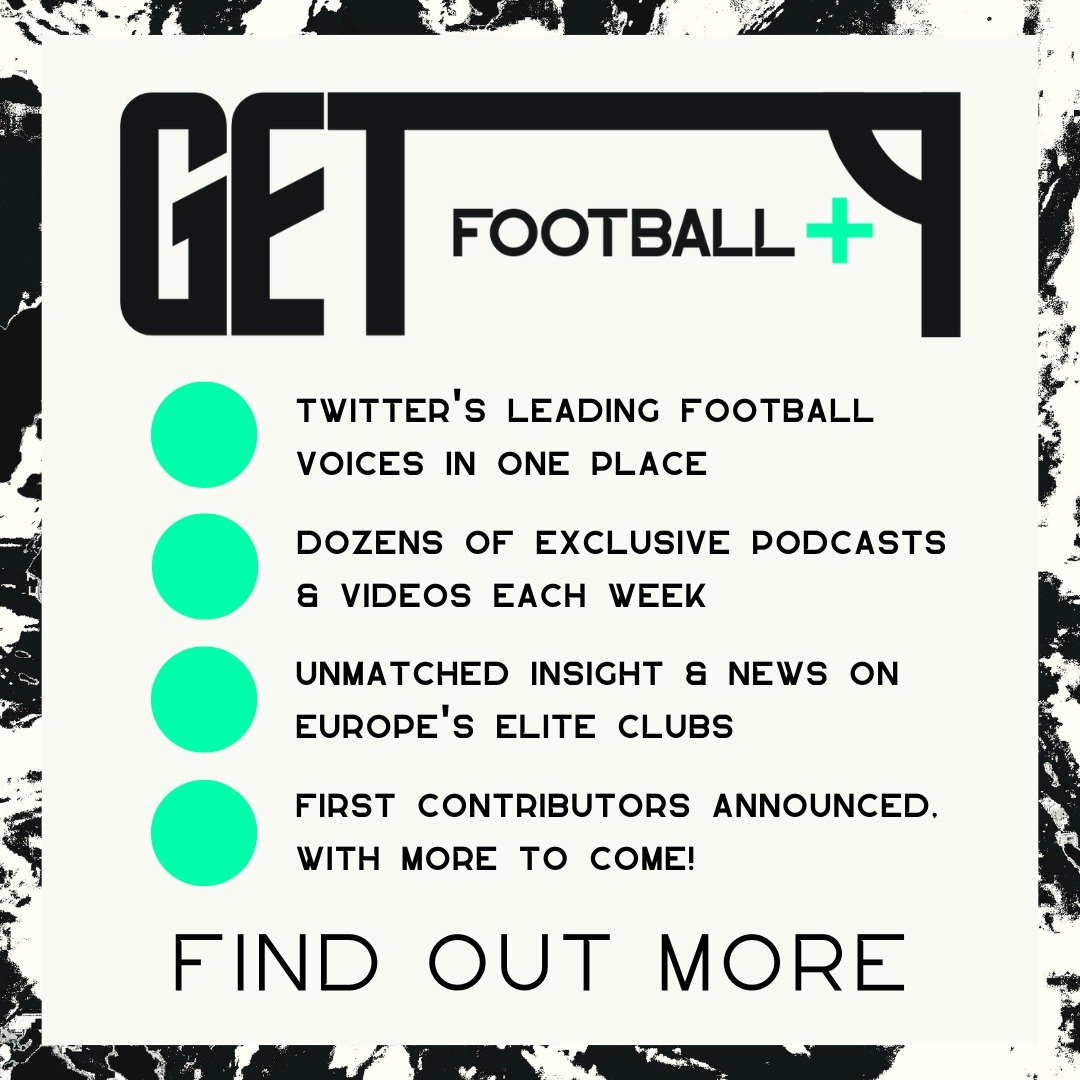One of the most effective ways for sports teams to get money into their coffers is by big-name sponsorship deals. These can come from all different industries – car dealerships, gambling sites at casinos.com, food and drinks sponsors and more. They have their names plastered on the team shirts for everyone to see.
Shirt sponsoring has been around for many years. In fact, in 2023, the top-flight German football league, the Bundesliga, celebrated its 50th year of shirt sponsorships. It was in 1973 that a company was named on the shirt of a Bundesliga team shirt for the very first time.
Since then, there has been no going back. It is now one of the biggest sources of income for teams. However, it’s not a one-way street. There are plenty of advantages for the sponsoring company as well. Millions of fans tune in and watch their favourite players running around the pitch for 90 minutes – with the brand name constantly in their eyeline.
Here, we’ll look at the history of Bundesliga shirt sponsorship.
1970s – Where it All Began
For a whole decade, Bundesliga matches had been played – and the league was well underway – but without any shirt sponsorship deals. However, it wasn’t long before the advertising potential of football became evident. Entrepreneur Günter Mast noticed that companies could use football matches – and all the coverage they received, for advertising purposes. Working with Bundesliga club Eintracht Braunschweig, he was the one to introduce shirt sponsorship to the footballing world.
Initially, the club managed to exploit a loophole in the DFB statutes – and used the logo of spirits manufacturer Jägermeister as the club emblem. However, eventually, in late 1973, the advertising on jerseys was officially approved. As such, Eintracht Braunschweig was allowed to showcase the “Jägermeister” brand on their jerseys. It wasn’t long before other clubs, such as Fortuna Düsseldorf, HSV, and MSV Duisburg, followed suit. By the end of the decade, all clubs had taken to the idea.
During the 1970s, it was liquor manufacturers and breweries who dominated jersey sponsorship, but there were also a few electronics and insurance companies who got in on the act. FC Schalke 04 was one of the last Bundesliga clubs to get a jersey sponsor. At first, they used the concept of shirt sponsorship to support a charitable cause, allocating their shirt space to German Cancer Aid.
1980s: A Decade of Commercialisation
In the earlier stages of Bundesliga shirt sponsorship, there was often a local connection between the club and the sponsor. However, as time went on, more and more international companies started to make their presence felt in the German league.
The introduction of even bigger and richer companies had a massive impact on club revenues. This meant even more money for clubs – so they could start considering top international transfers and offering even higher salaries to their players.
It was during the 80s that electronics companies, in particular, were incredibly popular for short sponsorship deals. Cameras, computers, and televisions were becoming more and more popular in German households during these years – and companies wanted to increase brand awareness through these sponsorships.
1990s to 2000s: A Growing Business
After the Berlin Wall was toppled, shirt sponsorships in the Bundesliga continued to thrive. Major German companies like Opel car manufacturer and the chemical and pharmaceutical company Bayer partnered up with the clubs.
Then, at the start of the new millennium, the space on the shirts started to attract energy companies. However, the finance and insurance sectors also frequently found their way to the front of football jerseys. Betting site Bwin managed to buy itself a place in German shirt – but not for long. In 2006, the Bwin-sponsored teams had to go without a shirt sponsor thanks to a ban on the advertising of the sports betting company. This was the last time that a club has played with no shirt sponsor.
2010s to 2020s – A Whole New World
We are now living in an increasingly digital world – and unsurprisingly, in recent years, an increasing number of websites and digital brands are getting into the shirt sponsorship deals. For companies in these industries, jersey sponsorship is great because it can make something abstract more real for the audience.
However, there are now even more spaces for advertisers. It used to be that the sleeve space was reserved for the parcel service Hermes – across all clubs. However, since the 2017/2018 season, clubs have been given the autonomy to market the sleeve space as they wish.
That being said, most companies will want the big spot on the chest. Whether on TV screens, online video sites such as YouTube, or platforms such as TikTok or Twitch, those companies that have the honour of sponsoring Bundesliga shirts will get a whole lot of exposure.
The Future
Who knows what the future development of jersey sponsorship involves? What we do know, however, is that it is one of the most successful marketing strategies out there.











